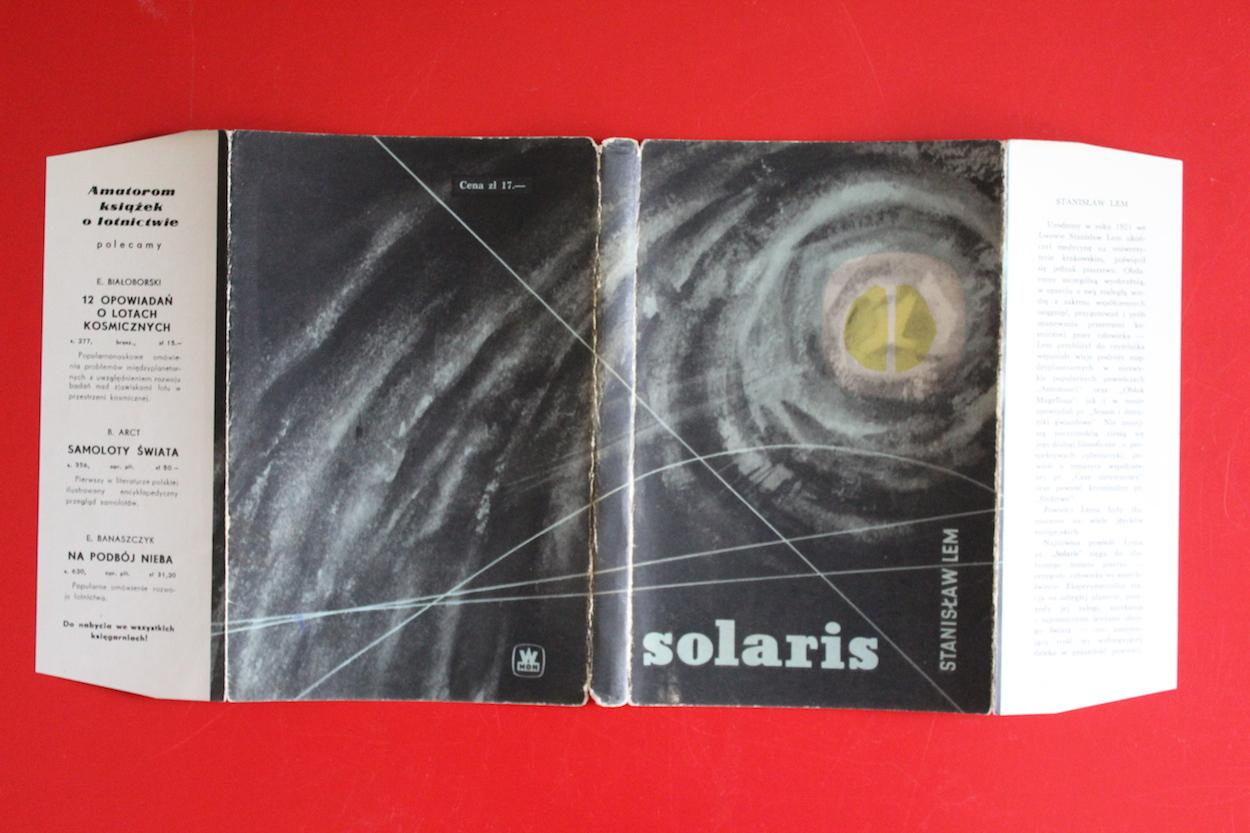
First, came the 1961 novel by Stanisaw Lem, coupling dense tracts of.

By focusing on the physicality of the characters, Soderbergh creates a visceral view of the story that is more relatable and accessible. It seems only right, then, that each time it is told, the story of Solaris shifts in shape. The film focuses on Chris and Rheya’s relationship, taking something into account that Lem’s and Tarkovsky’s more metaphysical approach didn’t emphasize: the bodies carrying the range of emotions in the story. Soderbergh keeps the complex psychology of Tarkovsky but trades the pacing for a modern and sensuous approach to editing, cinematography, and directing. To mark the 50th anniversary of the publication of Solaris, Audible, in cooperation with the Lem Estate, has commissioned a brand-new translation - complete for the first time, and the first ever directly from the original Polish to English.

In Solaris, Kris Kelvin arrives on an orbiting research station to study the remarkable ocean that covers the planet’s surface. At last, one of the world’s greatest works of science fiction is available - just as author Stanislaw Lem intended it. Despite being critically praised, it turned out to be one of the most overlooked films of his career. Beautifully narrated by Alessandro Juliani (Battlestar Galactica), Lem’s provocative novel comes alive for a new generation. It stands very well on its own and is just as worthy of praise as the other. His version turned out way differently than Tarkovsky’s and also diverted considerably from the novel.

Right off from the Academy Award-winning duo of Traffic and Erin Brockovich, and the success of the Ocean’s franchise first installment, no one would have guessed that Soderbergh’s next project would be an adaptation of Solaris.


 0 kommentar(er)
0 kommentar(er)
